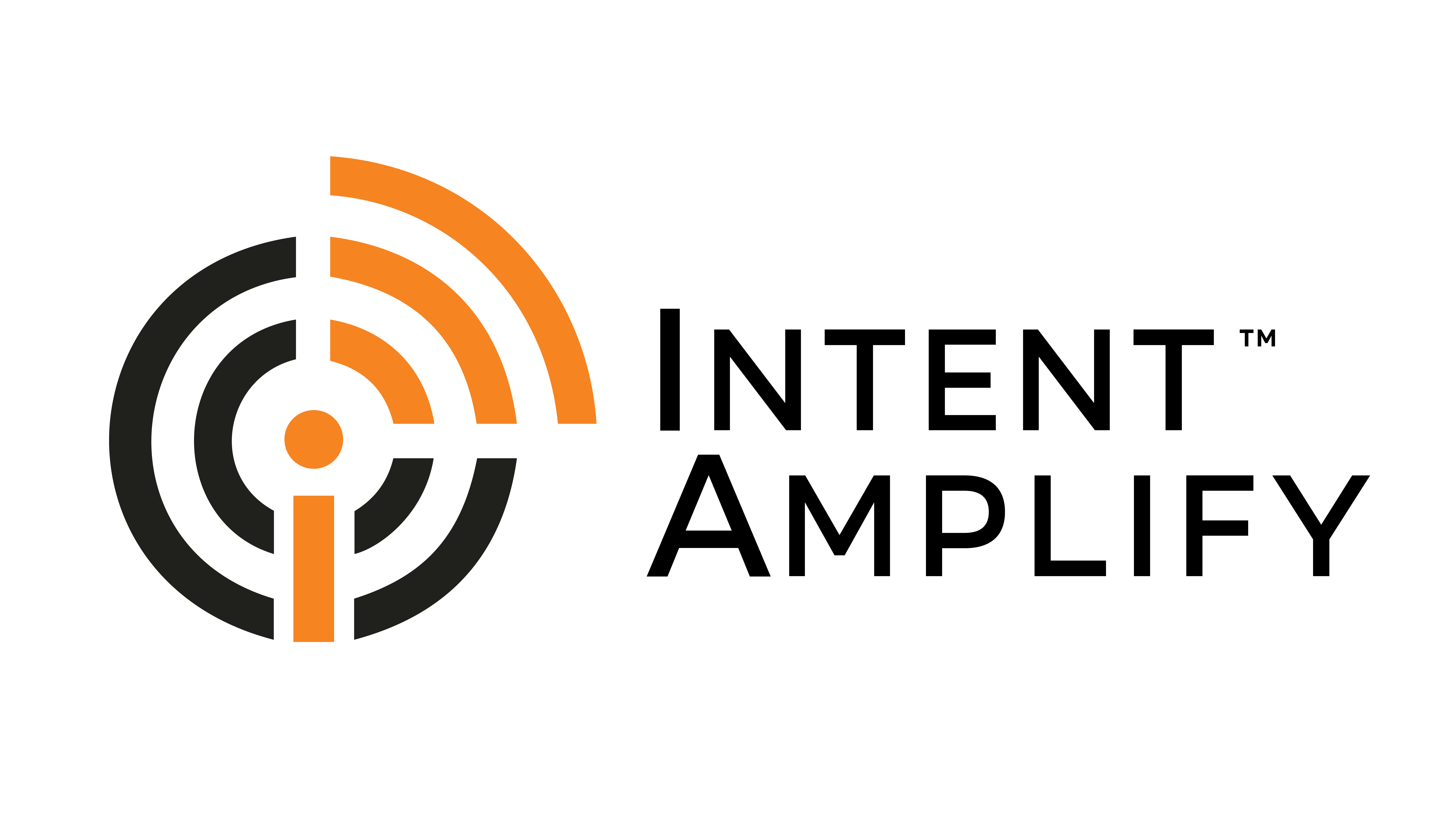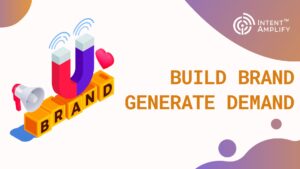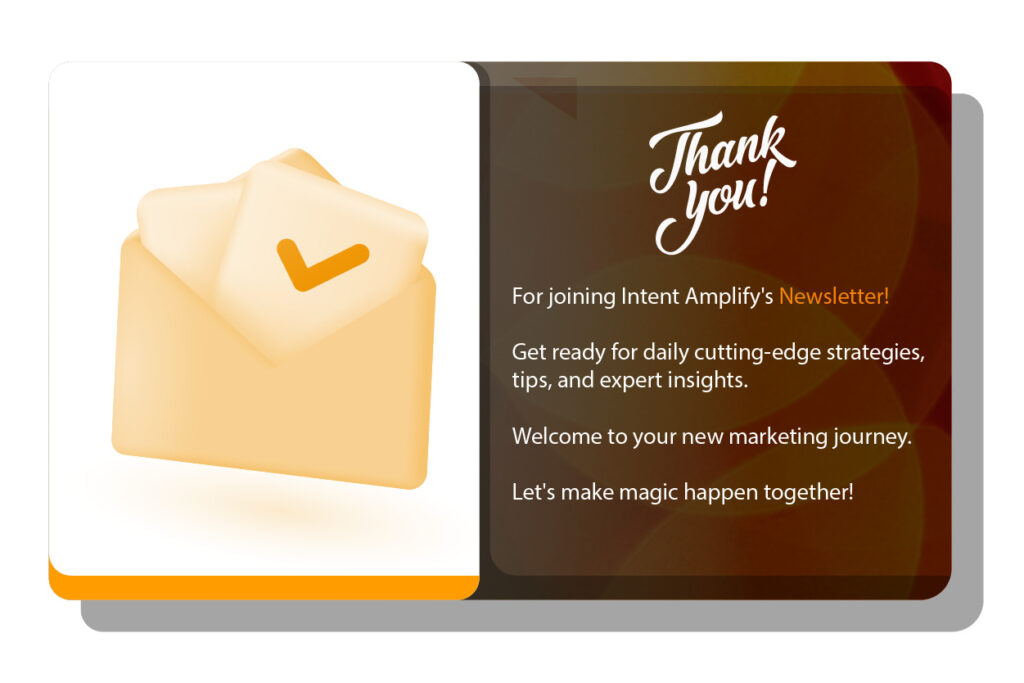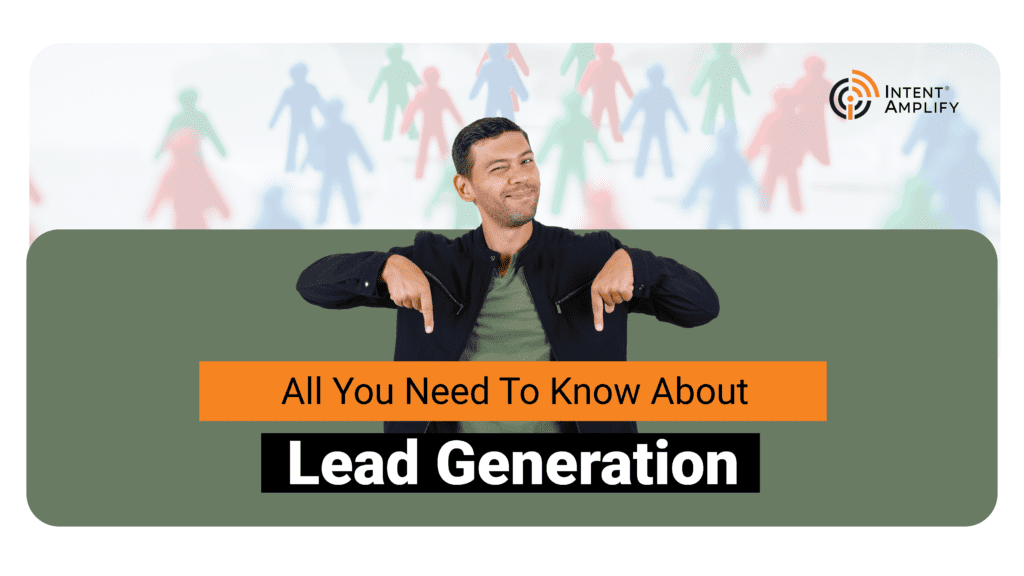
Introduction
Lead generation is an essential element of any effective marketing plan, especially in the B2B niche. It refers to the process of acquiring and converting prospective clients with interest in your product or service into leads. Lead generation is a complex process including multiple methods and strategies, and it demands a comprehensive grasp of the needs and preferences of your target audience.
In this article, we will discuss all you need to know about lead generation, including what it is, why it is important, and how to apply effective lead-generating tactics to build your business. Read on to discover the big picture of lead generation, whether you are an experienced marketer or a business owner just starting and kick-start your business with an in-depth understanding.
Let’s dig in straight!
Lead–Meaning
In the realm of marketing, a lead refers to an individual who has expressed interest in a particular product or service offered by a company. This expression of interest can take various forms, ranging from filling out a contact form to subscribing to a newsletter.
Prospective customers are usually contacted by a company or entity subsequent to initiating communication (by providing personal details for an offer, trial, or subscription), rather than receiving unsolicited calls from individuals who have acquired their contact details.
Suppose you participate in an online survey to enhance your knowledge of website development. After a brief period, an email is sent to you by the service provider responsible for conducting that survey. The email aims to provide information on how they can assist you in maintaining your website. This approach is comparatively less invasive than a sudden call without any prior information about your interest in website development, wouldn’t you agree? The experience of being a lead is as follows.
From a business standpoint, the data gathered by the survey provider company through your survey responses enables them to tailor their initial communication to address your specific concerns, thereby avoiding reaching out to leads without interest in website development.
Leads are an integral component of the overarching consumer journey, which entails progressing from a mere visitor to a valued customer. It is important to note that not all leads possess the same value. (nor are they qualified the same). Lead classification can vary based on their level of qualification and the stage of their lifecycle.
Marketing Qualified Leads (MQL)
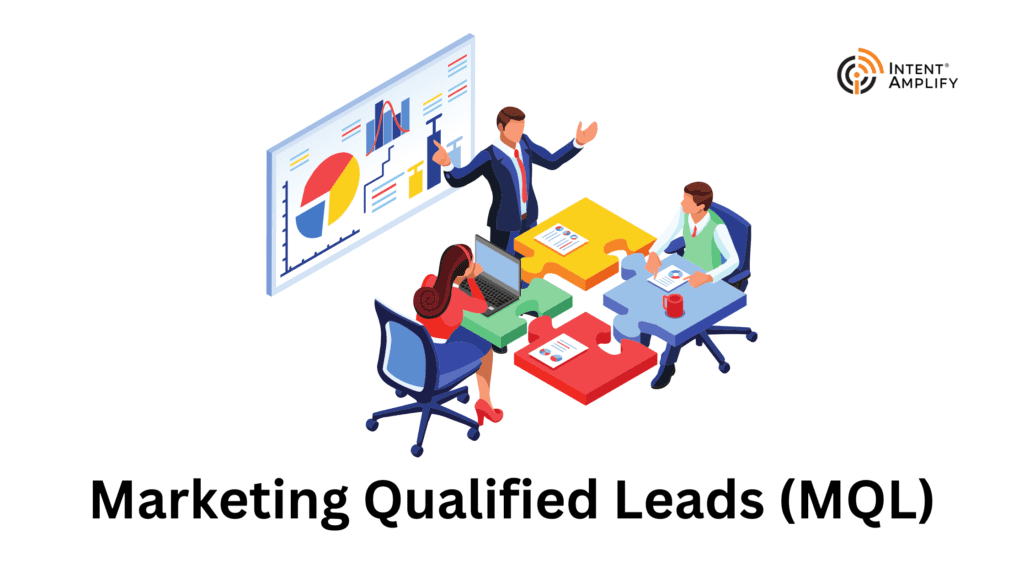
Marketing Qualified Leads are the leads that have filled up any form, query, or made any sort of inquiry about the product and services through the survey. They may or may not intend to buy your product/service. The inquiry may be made just in a generic way to know about it.
Product Qualified Lead (PQL)
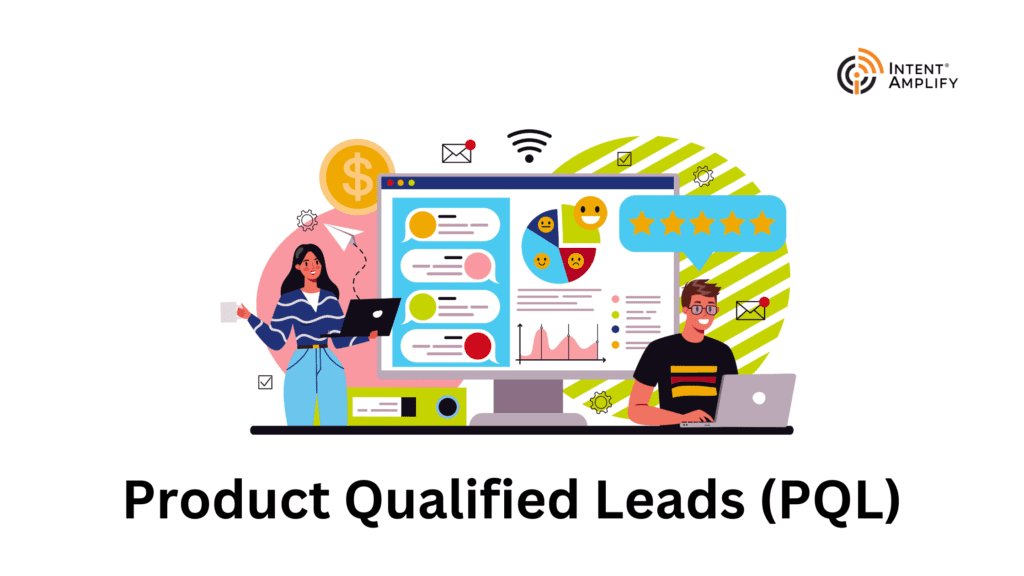
Product Qualified Leads are the potential customers who have used your product and demonstrated an interest in becoming paying customers. In general, PQLs apply to organizations that provide prospects with a choice between a free trial version or a limited version of their product or service with an upgrade option; this is where the outreach team enters the fray.
Simply defined, a PQL is a customer who uses the product/services for free but stays in contact with the company for additional details and information about premium-only features.
Sales Qualified Lead (SQL)
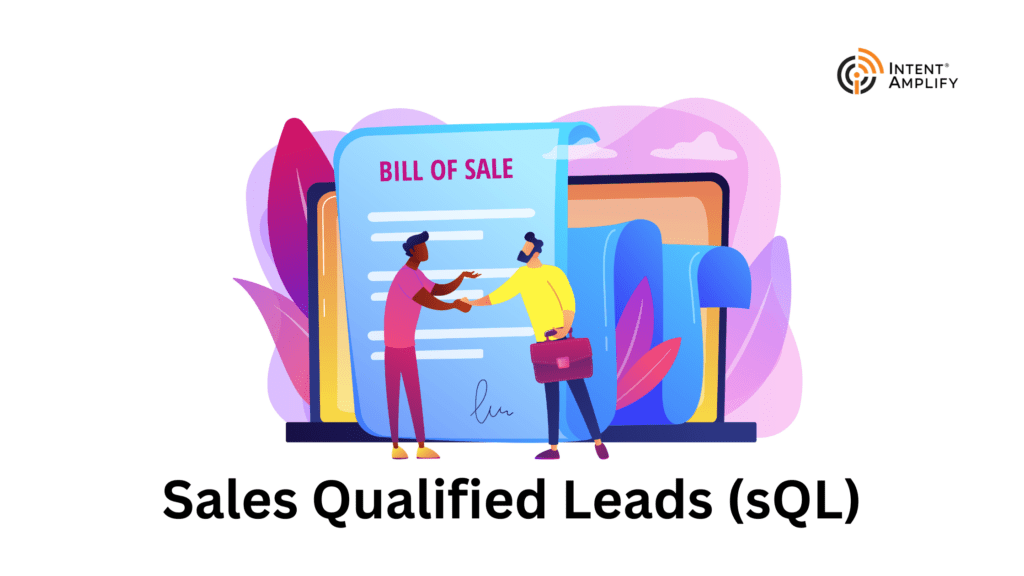
Sales-qualified leads are customers who have demonstrated interest in becoming paying clients to your service team. For instance, SQL is the one that informs the concerned sales team/representatives that they would like to update their product subscription or purchase the product.
The aforementioned are some approaches to lead-generation strategy that can be employed to drive-in potential customers and head-on them to your offers.
When asked what I do by someone outside the marketing industry, I cannot simply state, “I develop content for lead generation.” They would completely miss the point, and I would receive quite perplexed stares. Thus, I say, “I endeavor to develop novel methods of attracting customers to my firm. I want to supply them with enough freebies to generate a natural interest in my company so that they eventually develop a want to hear from us.”
That typically resonates better, and that is precisely what lead generation is: a method of introducing potential clients to your brand and putting them on the path to making a purchase.
What Is The Need Of Lead Generation?
‘Lead Generation’ is one of the most important aspects in the realm of the B2B industry, its approaches, methods, and strategies vary from company to company but do you know what is need for generating leads and why is it so important for the B2B industry?
If a stranger proactively initiates a conversation or relationship with a company through an organic interest in your business, then the transition of prospect/an individual to a customer then supporter/promoter is spontaneous.
Lead generation occurs after a prospect is attracted and is ready to be converted into leads for sales and referred to Sales Qualified Leads. This is the second stage of Inbound Marketing.
The below picture is an illustration of how lead generation is a primary stage in a stranger’s journey to becoming a gratified customer (might be a promoter as well).
Lead Generation Channels
There are several ways to avail for converting visitors into leads. Let’s delve deeper into them and discuss them in brief.
Content Marketing
Content is an effective means of directing users to a landing page. Typically, you develop content to offer users free, valuable information. You may include CTAs wherever in your content, including inline, at the bottom of the article, in the hero, and on the side panel. The more pleased readers are with your content, the more likely they are to click on your CTA and go to your landing page.
Blog Marketing
The advantage of using blog posts to promote your services is that the entire piece can be tailored to the desired outcome.
Therefore, if your offer is a video tutorial on leads configuration, you can write a blog post on how to choose your marketing metrics which would make your call-to-action extremely relevant and clickable.
Email Marketing
Email marketing is one of the great ways to reach potential customers who are already familiar with your brand and product. Since they have already subscribed to your list, it is much simpler to ask them to take a specific action.
Utilizing an effective call to action with compelling ad copy and a visually appealing design can capture the attention of your subscribers in a wide number.
Advertisements and Retargeting
The ultimate purpose of an advertisement is to induce people to take action. Why spend your resources if you’re not getting effective leads?
If you want to convert customers into leads, ensure that the landing page and offer precisely match what was advertised and that the desired action is crystal clear.
Demo Testing
Offering free demos of your product or service can remove many objections from potential customers. Once a potential customer starts using your product, you can offer them further incentives to make a purchase.
Demo testing can even help a brand target new clients.
Social Media Marketing
Social media also proves to be one of the most effective marketing channels for attracting new leads. The swipe-up feature on Instagram stories, bio links on Facebook, and short URLs on Twitter make it simple to direct your audience to a call to action.
Social media posts that advertise your services and feature a clear and attractive CTA are effective in bringing in new potential leads.
Word-of-Mouth Advertising
Differently, lead generation might benefit from word-of-mouth or referral, marketing. That is to say, it broadens the audience for your brand, which in turn raises the prospect of new customer interest.
You need to direct people to your landing page regardless of the source you utilize to generate leads. Assuming you have a conversion-focused landing page, everything else will take care of itself.
Having discussed several ways and channels to effective lead generation, it might come to mind that why can’t we just purchase the leads? It’s easy and less time-consuming. But is it worth it?
I would say a big no! Why? Because everything has its own limitations and purchasing leads is the worst loophole. The temptation to purchase leads at times is high as both marketers and salespeople want to swiftly fill their sales funnel. But this shouldn’t be the case.
First and foremost, none of the leads you’ve purchased truly recognize you. Normally, individuals “opted in” at another website when signing up for something, but they did not opt in to receive information from your organization.
Hence, the communications you send them are undesired, and sending unwanted messages is invasive. Just remember the annoying phone call you received while spending quality family time? This is how individuals feel when they receive unsolicited emails and other forms of communication.
It might be interrupting if the prospect has never visited your website. If they never opted in to receive messages from you directly, there is a strong likelihood that they will mark your messages as spam.
After a sufficient number of recipients report your communications as spam, they are added to a “blacklist,” which is subsequently shared with other email providers. If you are placed on the blacklist, it is extremely difficult to be removed. In addition, your email delivery and IP reputation would likely suffer.
Therefore to avoid these hassles it is always, always preferable to create leads naturally, as opposed to purchasing them.
Lead Generation Strategies:
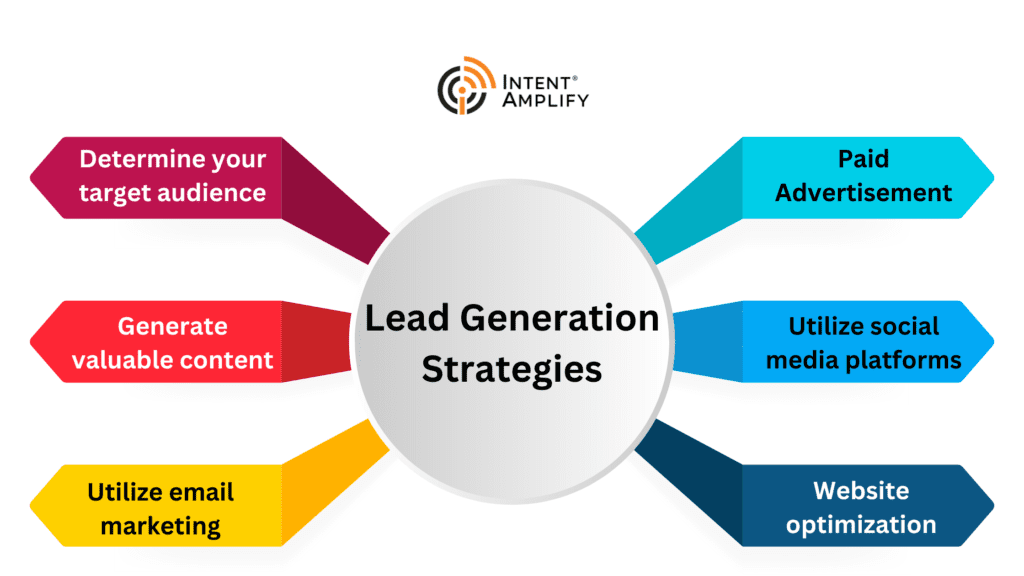
After knowing the basics of lead generation, let’s dig into the most important topic- strategies for lead generation:
- Determine your target audience: Determining your target audience is the first step in developing leads. You must understand who your ideal/potential clients are, what their pain points are, and what they want in a product or service.
- Generate valuable content: Content marketing is an effective method for generating leads. You must produce valuable and informative content that addresses the audience’s pain concerns. Your material should be optimized for search engines and social media to maximize exposure and participation.
- Utilize social media platforms: Social media networks such as Facebook, Twitter, and LinkedIn are effective lead-generation tools. You may utilize these platforms to distribute your material, interact with your audience, and market your products and services accordingly.
- Provide free materials: Providing free materials to your customers is one of the successful methods of generating leads, such as eBooks, webinars, and whitepapers. In exchange for the resource, you can request that individual to fill out a form with their contact details.
- Utilize email marketing: Email marketing is an efficient method for reaching your target demographic. Emails can be used to nurture leads, market products or services, and establish relationships with subscribers.
- Paid Advertisement: Paid advertisement can be an excellent method for generating leads. You may target your ideal audience with highly relevant adverts using platforms like Google Ads and Facebook Ads.
- Website optimization: Your website should be optimized for lead generation because it is the hub of your internet presence. You must design landing pages that are focused on particular items or services, and you must include a call-to-action that motivates visitors to take action.
Conclusion:
Lead generation is an essential part of the B2B domain for businesses seeking to expand their customer base and boost their revenue. You can maximize your lead generation plan and achieve success by comprehending your target audience, developing valuable content, employing multiple marketing channels, and regularly tracking and evaluating data. At Intent Amplify, we specialize in delivering comprehensive solutions for lead generation that assist organizations of all sizes in achieving their objectives. Visit our website to find out how we can help you expand your business, whether you’re just starting or looking to take your lead generation to the next level.
